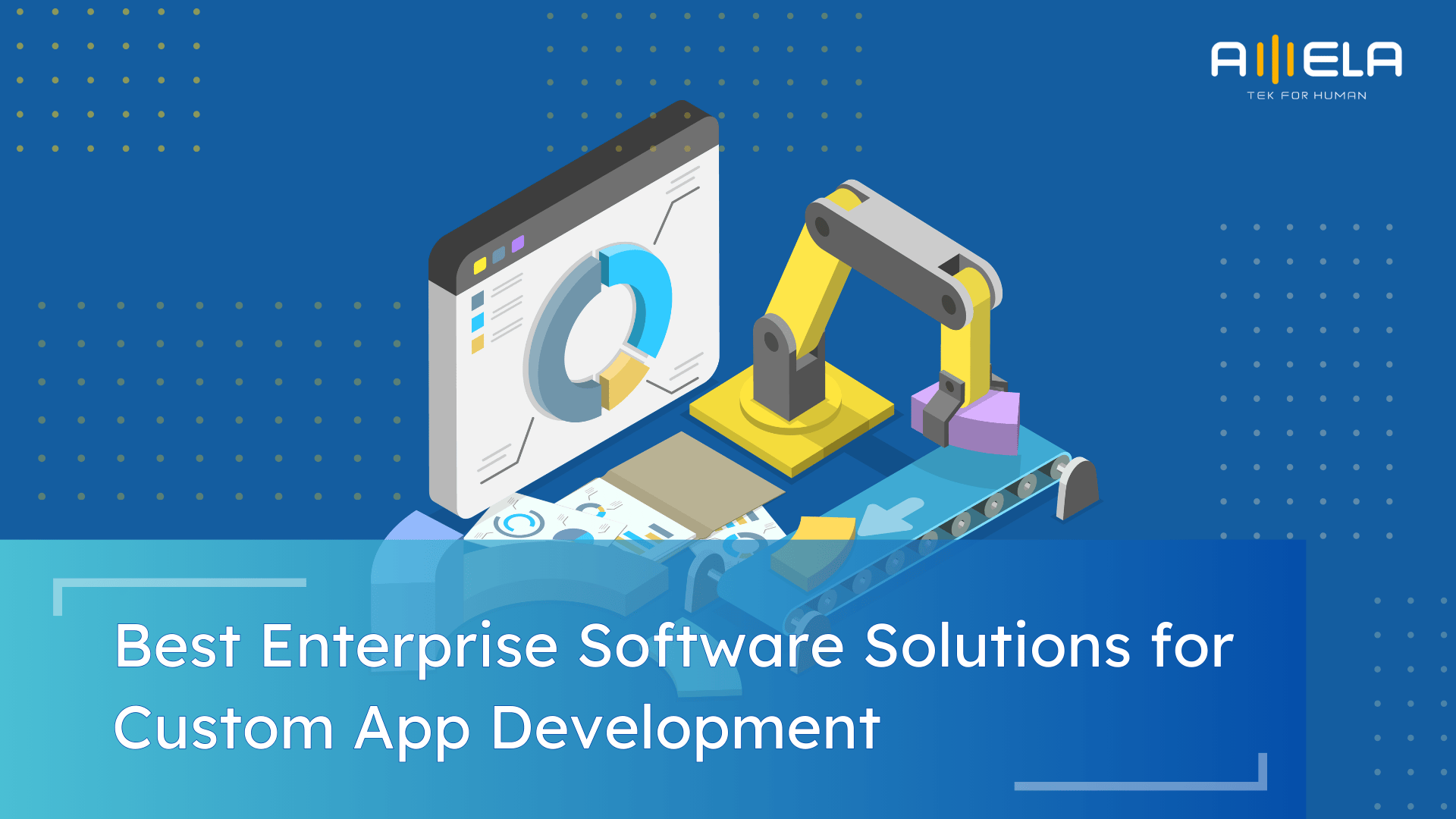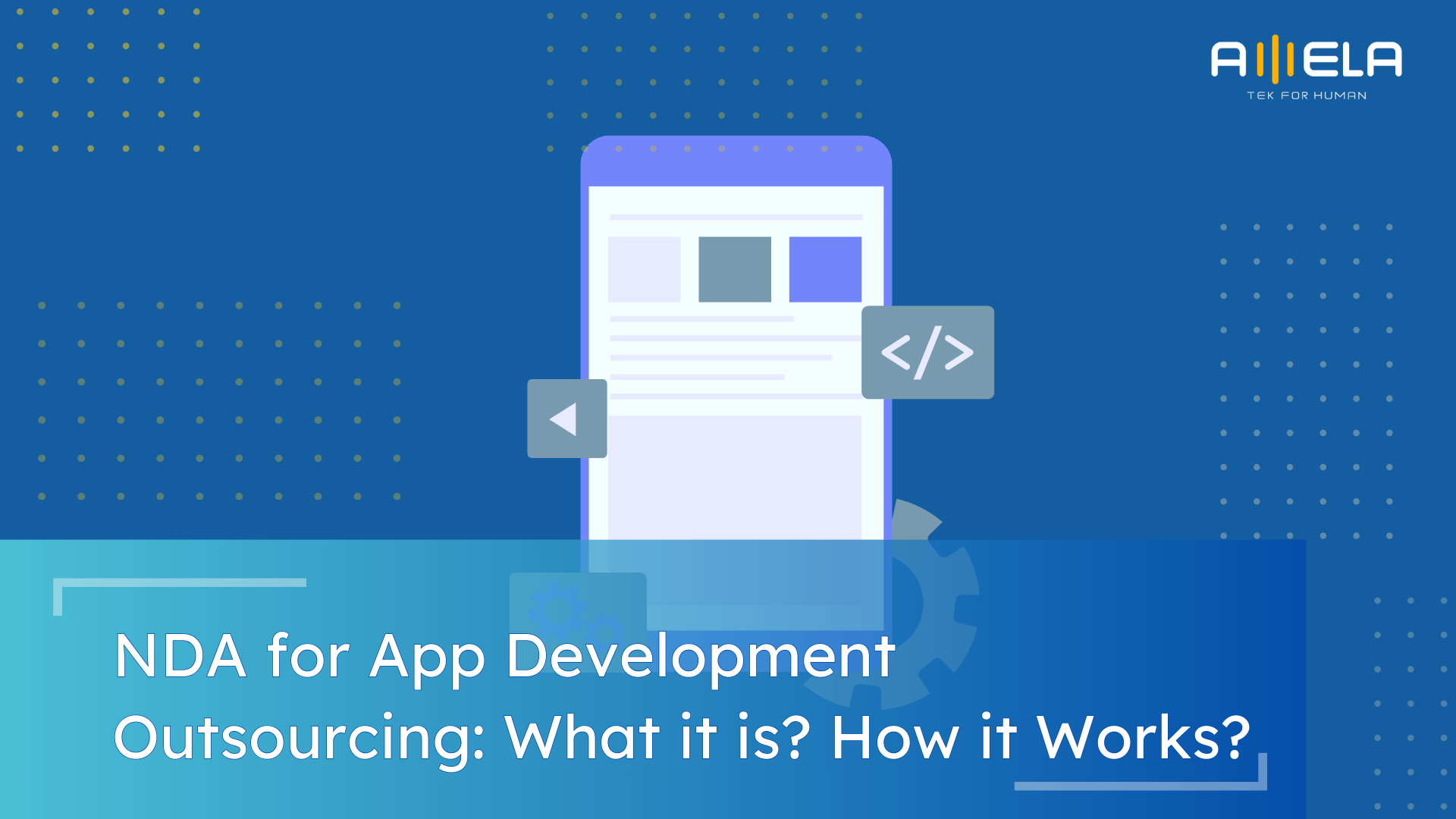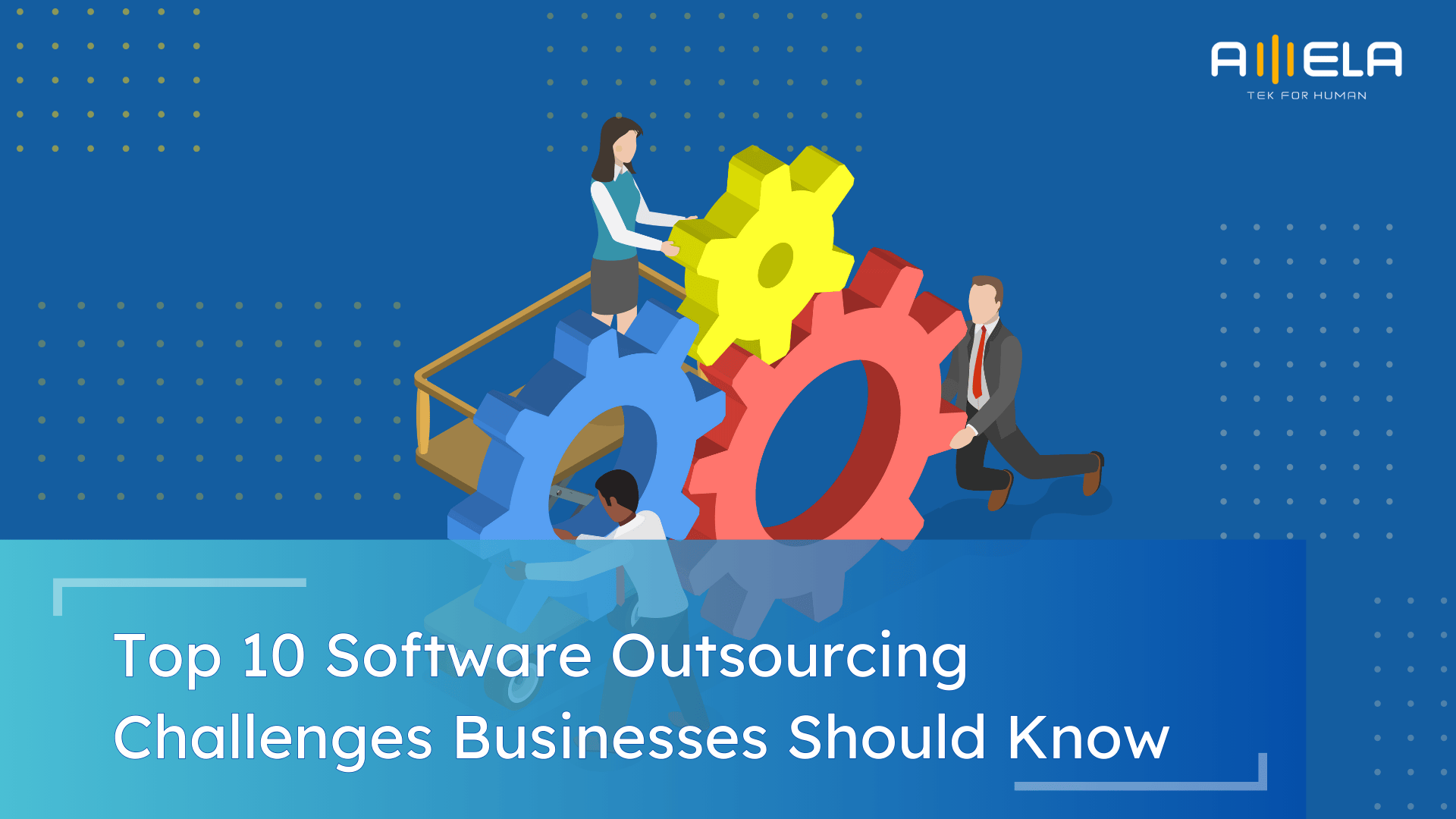The best enterprise software solutions for custom app development enable organizations to scale securely, integrate complex systems, and turn technology into a long-term competitive advantage. AStatista projects global enterprise software revenue to surpass $370 billion in 2024, reflecting the increasing reliance on tailored digital solutions From our experience working with enterprises across finance, logistics, retail, […]
Outsourcing Ruby on Rails development enables companies to accelerate product delivery, control engineering costs, and access specialized Rails expertise while maintaining long-term scalability. Ruby on Rails remains a widely adopted framework for SaaS platforms and data-driven web applications. At the same time, Grand View Research projects the global IT services outsourcing market to expand at […]
A software business strategy defines how your company builds, positions, monetizes, and scales software to achieve measurable business growth. Without it, development efforts risk becoming disconnected from revenue and market impact. In today’s digital economy, software is no longer just a support function. It is often the core driver of competitive advantage, operational efficiency, and […]
An NDA for app development is a legal agreement that protects your product idea, source code, and business data when working with an external development partner. In IT outsourcing, sharing technical documents, system architecture, and strategic plans is unavoidable. From our experience at AMELA, signing an NDA for app development before detailed discussions begin ensures […]
iOS app development is more than building for Apple devices—it is about creating secure, high-performance digital products for one of the world’s most valuable user ecosystems. With strong revenue potential, fast OS adoption, and premium user demographics, iOS remains a strategic platform for businesses targeting scalable growth. Whether you are launching a startup MVP or […]
Choosing among the Best Countries for Offshore Software Development has become a strategic decision, not just a cost-saving tactic. According to global outsourcing market reports, the IT outsourcing market continues to grow steadily, driven by talent shortages, rising development costs in mature markets, and the need for faster product delivery. As a result, companies are […]
Understanding how to hire offshore developers is less about finding cheaper talent and more about building a delivery model that actually works across distance, culture, and time zones. As more companies turn to offshore development to scale faster and stay competitive, hiring decisions have become strategic rather than operational. Yet many teams struggle—not because offshore […]
Software outsourcing challenges rarely come from a lack of technical skill—they emerge from misaligned expectations, unclear ownership, and structural gaps between organizations. As companies increasingly rely on external partners to scale development, outsourcing has become a strategic decision rather than a cost-saving tactic. However, the reality is that many outsourcing engagements struggle not because teams […]
DeFi app development is no longer an experimental playground—it has become a form of financial infrastructure built entirely in code. From what we’ve seen in real projects, the challenge today is not whether to build a DeFi app, but how to do it safely, sustainably, and with clear economic logic. As decentralized finance matures, expectations […]
Hiring Laravel developers has become increasingly competitive as businesses race to scale products faster, modernize legacy systems, and control engineering costs. For many companies, the smartest move today is to hire offshore Laravel developers—not just to save money, but to access experienced backend talent without long hiring cycles or long-term risk. In this guide, we […]













